October 2nd: Guinea’s Independence—A Nation With Defiant Beginning and Enduring Story
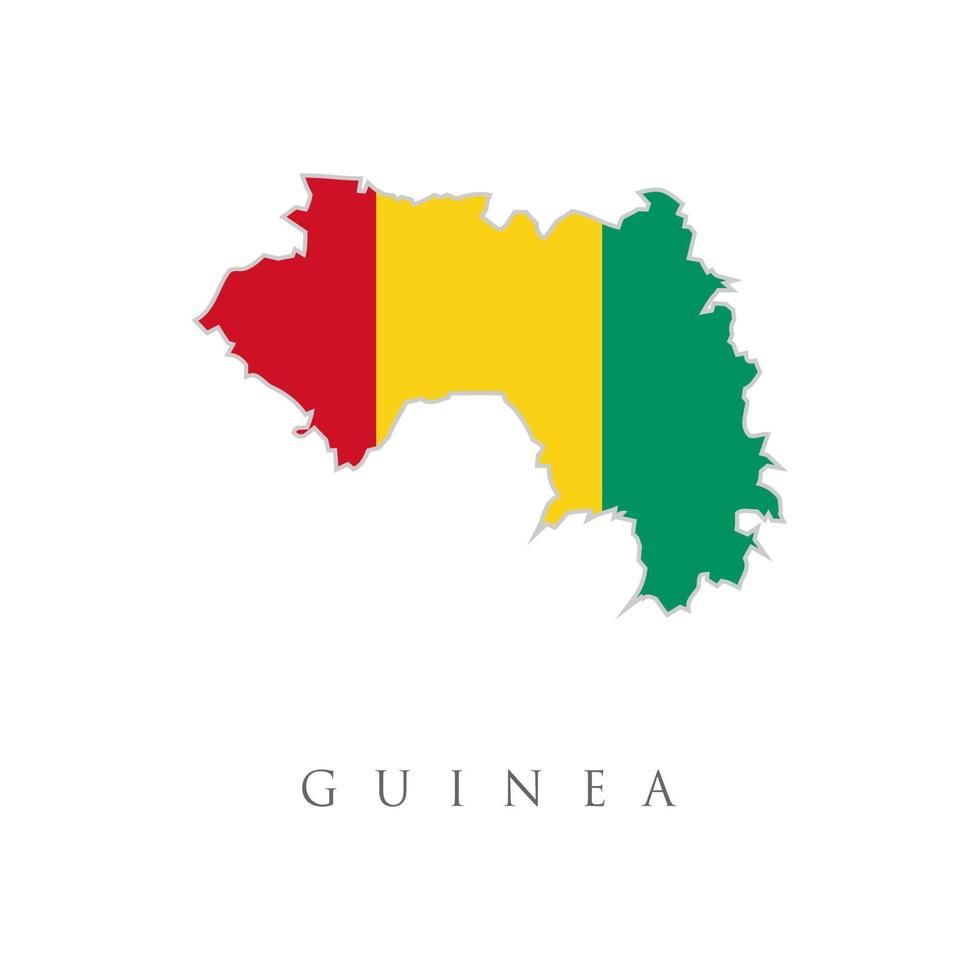
On this day, October 2, 1958, Guinea etched its name in history by becoming the first French colony in Sub-Saharan Africa to say “No” to France’s Community referendum, boldly declaring full independence. At a time when colonial ties felt unbreakable and fear of survival without European support loomed large, Guinea stood out with a courage that shocked the world. Led by Ahmed Sékou Touré, the young nation made a choice that symbolized more than political sovereignty, it was a powerful statement of dignity and resilience. Today, sixty-seven years later, Guineans celebrate their Independence Day, not only remembering the defiance of 1958 but also honoring the enduring spirit of a nation that chose freedom against all odds.
Guinea is more than the story of defiance in 1958. It is a country of immense natural wealth and cultural richness. Nestled in West Africa, it is often called the “water tower of West Africa” because its rivers, the Niger, Senegal, and Gambia, originate within its highlands. Its soil holds vast reserves of bauxite, making it the world’s second-largest producerof the ore that powers aluminum industries globally. Alongside bauxite are diamonds, gold, and iron ore resources that, if well-managed, could transform the nation into an economic powerhouse. Beyond its minerals, Guinea is home to lush forests, fertile farmlands, and a coastline along the Atlantic rich in fisheries. It is a land that nature has blessed, yet whose potential has often been undermined by political instability and governance challenges.
Culturally, Guinea is a beacon of West African tradition. Its music, particularly the djembe drum has traveled the world, influencing global sounds while preserving indigenous rhythms. Guinean dance, storytelling, and oral history form part of the Mandé cultural legacy, a reminder that independence is not just political but also cultural resilience. The people themselves, diverse in ethnic groups like the Fulani,Malinké, and Susu, share a history of endurance that mirrors their nation’s founding spirit.
Yet, the Guinea story is also one of contradictions. While independence was won boldly, the decades that followed were marked by authoritarian rule, military coups, and cycles of hope and disappointment. Sékou Touré, the hero of independence, later became criticized for his harsh one-party regime, silencing dissent and instilling fear. Subsequent governments struggled to balance Guinea’s vast resources with the needs of its people, leaving poverty widespread despite wealth beneath the soil. Even today, Guinea grapples with the paradox of abundance: rich in minerals, yet ranked among the world’s poorer nations in terms of human development.
But to understand Guinea only through the lens of struggle would be to miss the essence of what its independence means. October 2, 1958, remains a day of pride and courage, and today we take a moment to appreciate the beauty of how a small nation has silently taught the world a big lesson, that freedom is worth sacrifice. It is a reminder that sovereignty is not given but claimed, and that dignity cannot be measured by economic safety nets alone. For Guineans, independence day is not just a historic event; it is a living reminder that they are the authors of their own story.
As the nation marks another anniversary of independence, it carries both the weight of its history and the promise of its future. The question that lingers is whether Guinea can turn its natural blessings into lasting prosperity for its people. Can the spirit of 1958, that fearless refusal to accept dependency, inspire a new era of governance, innovation, and accountability? Guinea’s independence was an act of courage. Its challenge today is to match that courage with leadership that transforms resources into development, culture into global influence, and history into a future worthy of its bold beginnings.
Sixty-seven years after that decisive “No” to France, Guinea’s lesson is still powerful: real freedom is not about comfort or ease, but about the will to shape one’s destiny. And in that spirit, Guinea stands as both a warning and an inspiration, warning of how hard independence can be, but inspiring in its proof that even the smallest nations can defy giants and carve their own path.
Recommended Articles
African Leaders Confront Gates Foundation: Urgent Call for Reparations Over Industrial Farming Damages
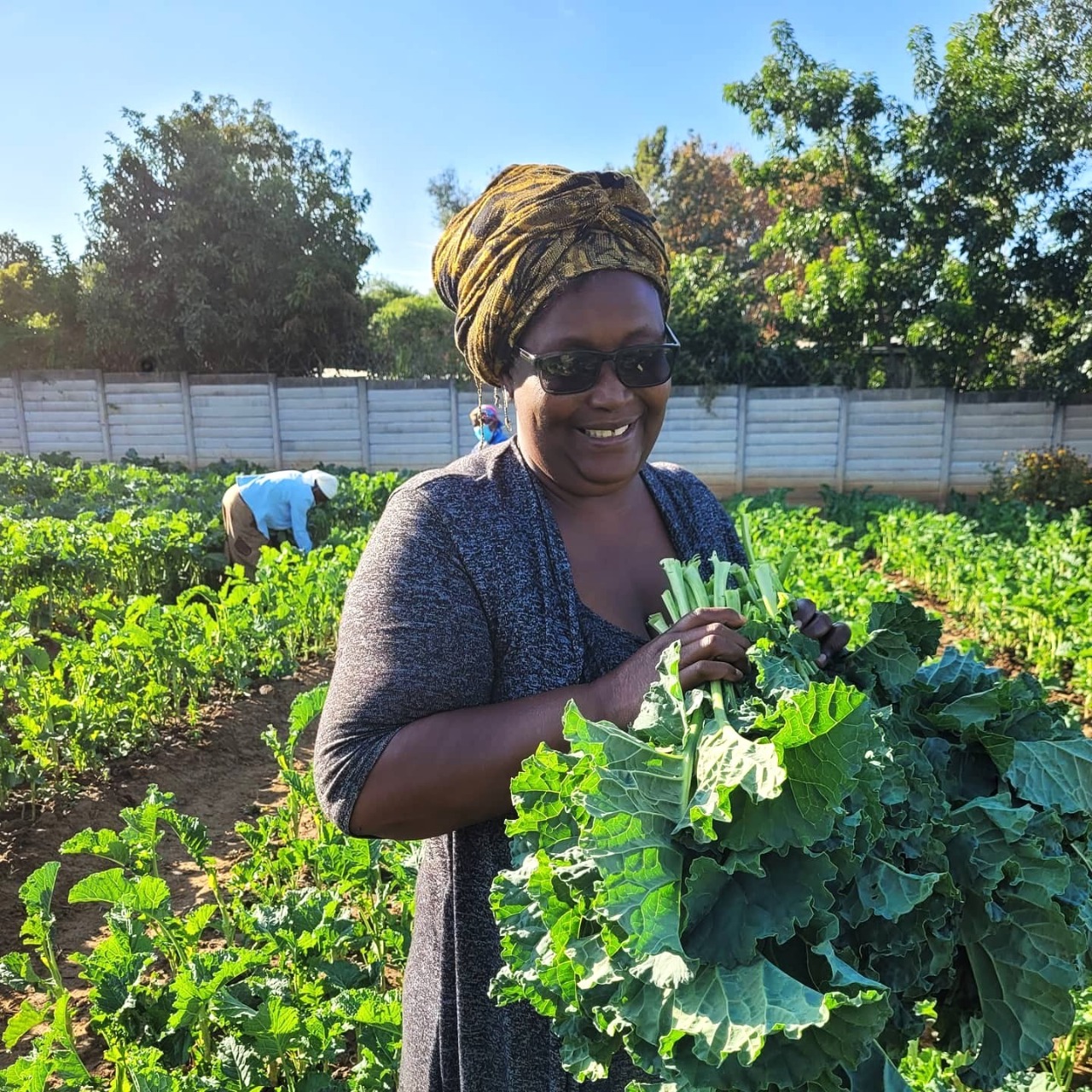
Over 600 African faith leaders are demanding reparations from the Gates Foundation for the damage caused by industrial f...
African Tech Soars: Qotto Fuels Expansion with $8 Million Series A Round!

Qotto, a clean-tech company providing solar home systems in Africa, has raised $8 million in a Series A round to fund it...
Nigeria's 5G Future: With 40.1% 3G/4G Penetration, What Awaits the Commercial Rollout?

MTN plans to expand its 5G network to Nigeria and 20 other African countries, building on an agreement with Ericsson for...
Fintech Powerhouse Flutterwave Unites with Polygon to Ignite Stablecoin Payment Revolution
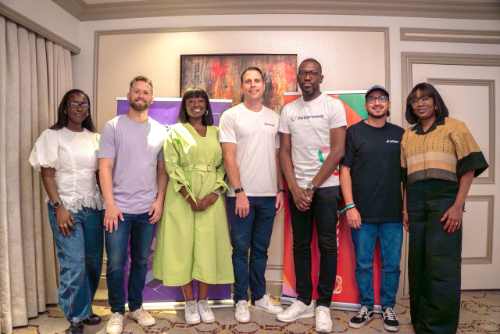
Flutterwave has partnered with Polygon Labs to launch a stablecoin-powered cross-border payment network across 34 Africa...
Game Changer: SIIT Africa Set to Empower Millions with Tech Skills Across the Continent!

SIIT Africa, founded by Leke Oyetoke, has launched a tutor-led training initiative to equip millions across Africa with ...
African Blockchain Star Soars: Kotani Pay Secures Crucial Tether Funding
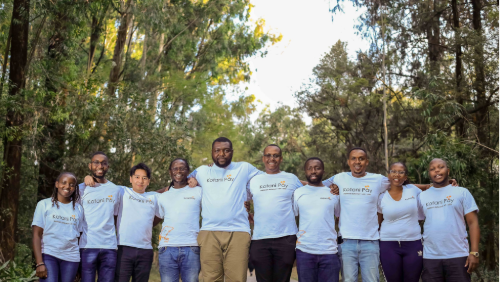
Kenya-based fintech Kotani Pay has secured a strategic investment from digital asset company Tether to build vital on-ra...
You may also like...
Bespoke Power: African Tailors Are The World's True Masters of Sustainable Style
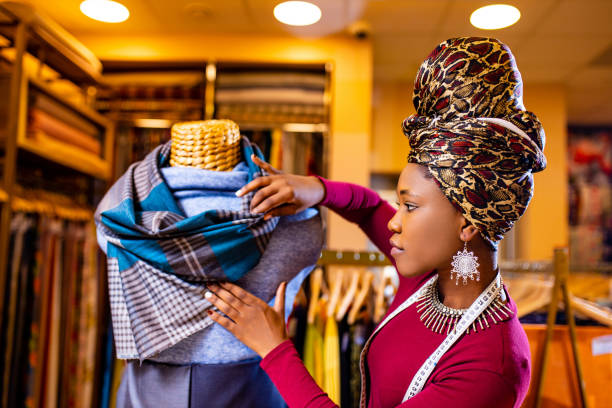
While the world chases slow fashion, Africa proves it has been living it for generations. The ultimate sustainable lifes...
Nepo Vs Lapo: Nigeria's New Lifestyle Divide
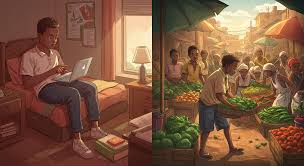
Dive into the world of Nepo and Lapo to see how privilege and hustle shape lifestyles, trends, and even social media in ...
Mancala: Africa’s Ancient Game That Still Shapes Minds and Culture
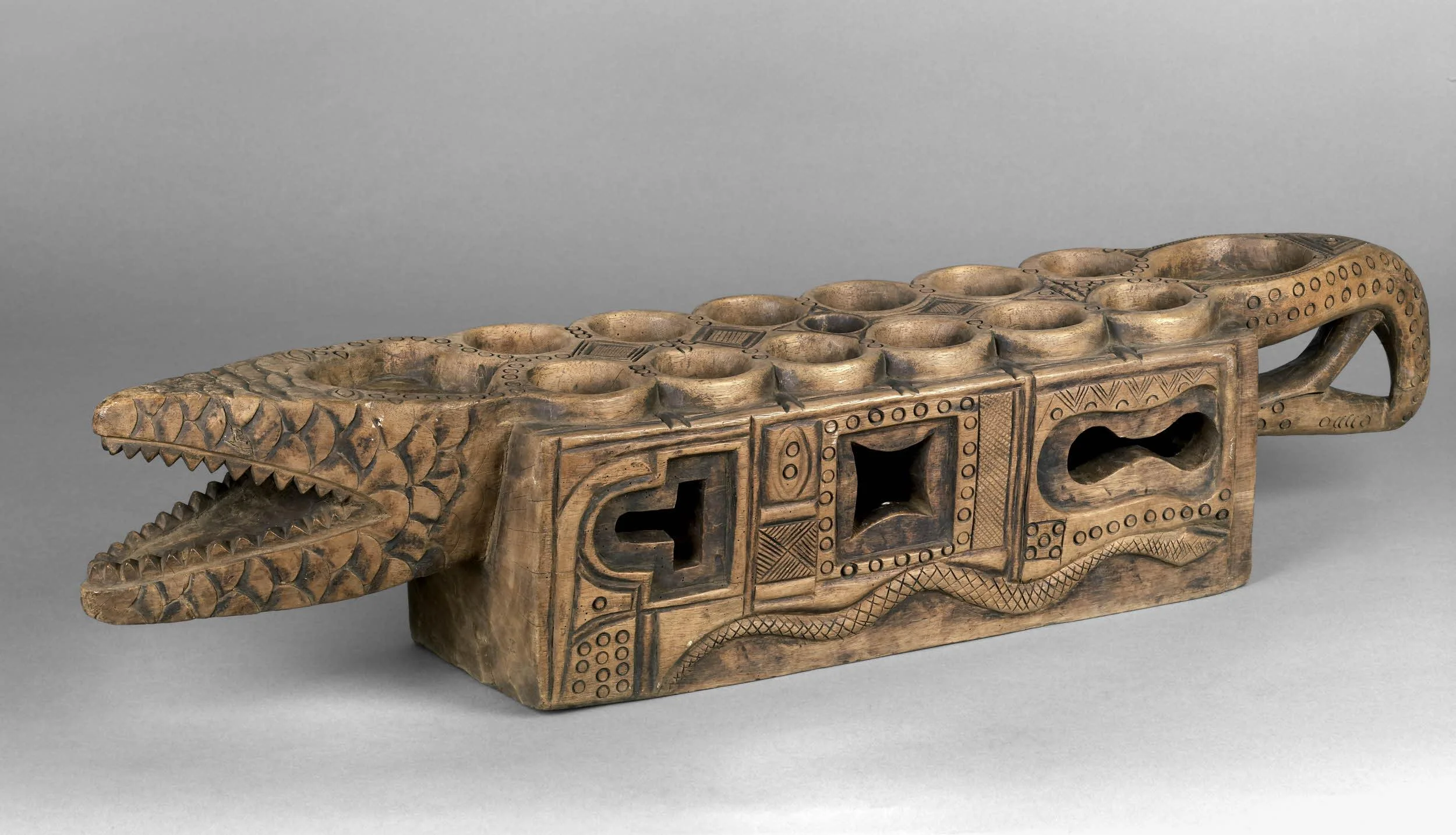
From the villages of West Africa to mobile apps and museum halls, Mancala — the world’s oldest board game — is experienc...
Smashing Expectations: The 2025 WTA Finals in Riyadh and What It Means for Women’s Tennis

The 2025 WTA Finals in Riyadh marked more than a tournament, it was a cultural statement redefining women’s tennis, empo...
Situationship Era: Dating, Celibacy, and Rizz in African Cities
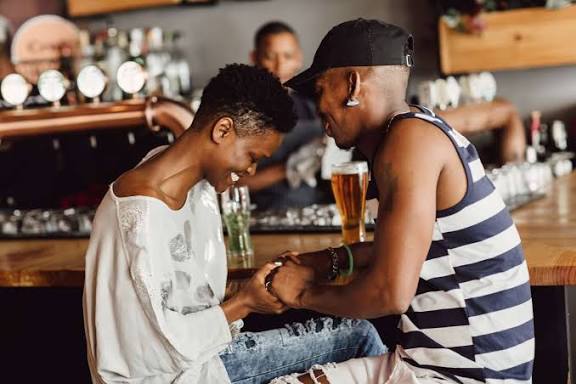
The profound shift in dating, love, and commitment among young Africans, highlighting the juxtaposition of hyper-globali...
Ghana Lifts Boxing Ban: A Knockout Comeback for the Nation’s Fighting Spirit
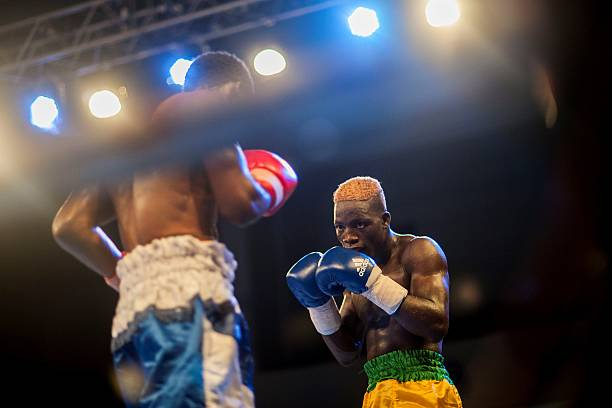
Ghana has lifted its nationwide boxing ban after major reforms, reigniting the nation’s boxing heritage and opening door...
NFF Rejects FIFA's Appointment of South African Officials for the Playoff match against Gabon
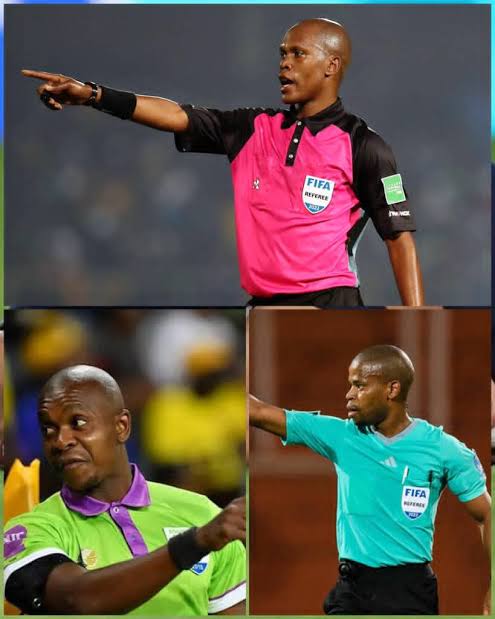
The Nigerian Football Federation (NFF), in its commitment to ensuring fairness and transparency on the road to the 2026 ...
The "We Outside" Lifestyle: Enjoyment As a Way of Life
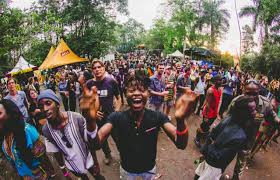
A lifestyle of choosing joy in small and big ways. Sometimes outside, sometimes indoors but always enjoying life while ...